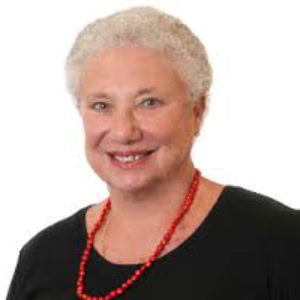Title: Cultural Care: From research to theory to an educational paradigm
Abstract:
The presentation is predicated on my 40 years of conducting exploratory descriptive research studies of the TRADITIONAL (ancient, HEALTH and ILLNESS beliefs and practices derived from one’s intangible cultural heritage over generations) and developing courses to teach the findings within the class content. The focus of the class is cultural diversity and how HEALTH and ILLNESS beliefs and practices vary cross-culturally. The students examine the health/HEALTH traditions derived from their intangible cultural heritage and then progress to examining the HEALTH AND ILLNESS beliefs and practices of people from diverse cultural heritages.It is an effective approach to help us learn about HEALTH, explore diversity and the socio-political issues relevant to this topic, explore selected communities, understand health disparities, and become involved in community-based strategies to remediate this dire political situation. Given the magnitude of the legitimatized attitudinal change towards the “other” and those in dire need of health care, it is imperative to teach this content to nurses.
The course encompasses not only theory, but also process, and experiential learning opportunities.
Theory – Several texts including, Spector, Cultural Diversity in Health and Illness, 9th edition Fadiman, The Spirit Catches You and You Fall Down; Adiga, White Tiger, Picoult, J. Small Great Things; and Vance, Hillbilly Elegy are used. The texts serve as the basis for discussion and the search for common threads.
Process – Over the course of the semester, the 5 steps to CULTURALCARE are ascended. The process begins with the questions “Who are you?” “Why are you here?” and “What are the traditional beliefs about HEALTH in your family and heritage?”
Experiential Learning – There are countless opportunities such as “urban hikes,” visits to faith centers, meeting traditional healers, and community assessments.
This course has been extremely popular over the years.
Learning
1. Meanings of TRADITIONAL, HEALTH, AND ILLNESS.
2. Examples of TRADITIONAL, HEALTH, AND ILLNESS beliefs and practices.
3. The five steps for applying this to CULTURALCARE.
4. Strategies for developing this course in various settings.
Traditional Ancient, HEALTH beliefs and practices derived from one’s ethno-cultural-religious heritage that has been handed down through the generations.
Health - The balance of the person, both within one’s being—physical, mental, and spiritual and in the outside world natural, communal, and metaphysical.
ILLNESS - The imbalance of the person, both within one’s being—physical, mental, and spiritual and in the outside world natural, communal, and metaphysical.



